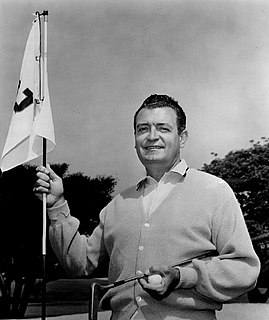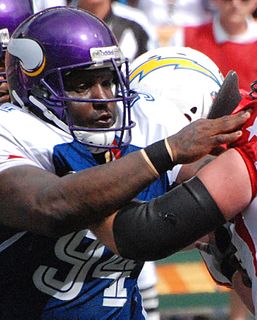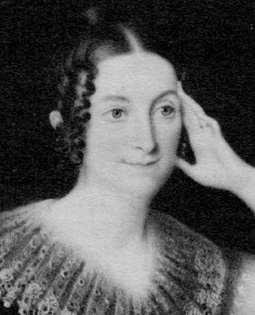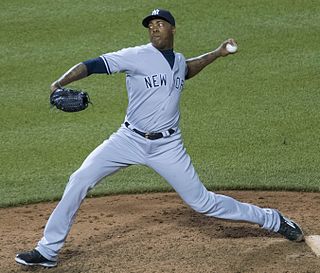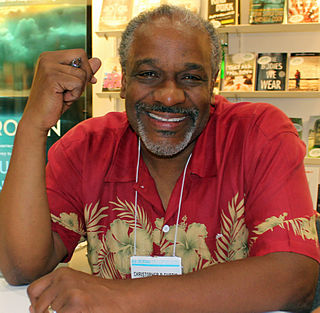A Quote by Michel de Montaigne
The study of books is a drowsy and feeble exercise which does not warm you up.
Related Quotes
In my opinion, the most fruitful and natural play of the mind is conversation. I find it sweeter than any other action in life; and if I were forced to choose, I think I would rather lose my sight than my hearing and voice. The study of books is a drowsy and feeble exercise which does not warm you up.
We are in the position of a little child entering a huge library, whose walls are covered to the ceiling with books in many different languages. The child knows that someone must have written those books. It does not know who or how. It does not understand the the languages in which they are written. The child notes a definite plan in the arrangement of the books, a mysterious order, which it does not comprehend but only dimly suspects.
To read well, that is, to read true books in a true spirit, is a noble exercise, and one that will tax the reader more than any exercise which the customs of the day esteem. It requires a training such as the athletes underwent, the steady intention almost of the whole life to this object. Books must be read as deliberately and reservedly as they were written.
but the real enemy is the cold. It steals up on you quieter than Will, and at first you shiver and your teeth chatter and you stamp your feet and dream of mulled wine and nice hot fires. It burns, it does. Nothing burns like the cold. But only for a while. Then it gets inside you and starts to fill you up, and after a while you don't have the strength to fight it. It's easier just to sit down ot go to sleep. They say you don't feel any pain toward the end. First you go weak and drowsy, and everything starts to fade, and then it's like sinking into a sea of warm milk. Peaceful, like.
As soon as I got into the library I closed my eyes and took a deep breath. I got a whiff of the leather on all the old books, a smell that got real strong if you picked one of them up and stuck your nose real close to it when you turned the pages. Then there was the the smell of the cloth that covered the brand-new books, books that made a splitting sound when you opened them. Then I could sniff the the paper, that soft, powdery, drowsy smell that comes off the page in little puffs when you're reading something or looking at some pictures, kind of hypnotizing smell.


